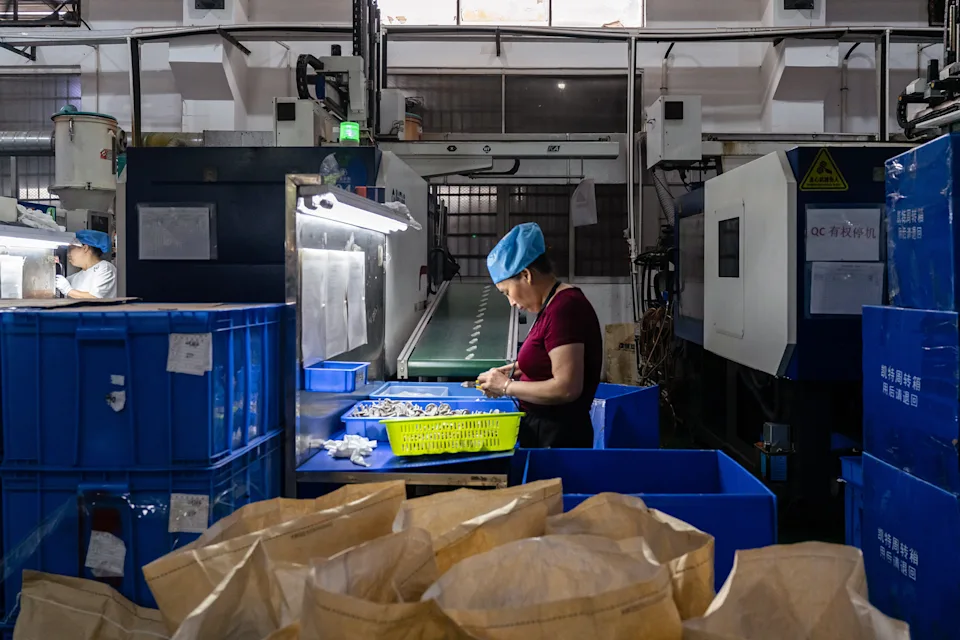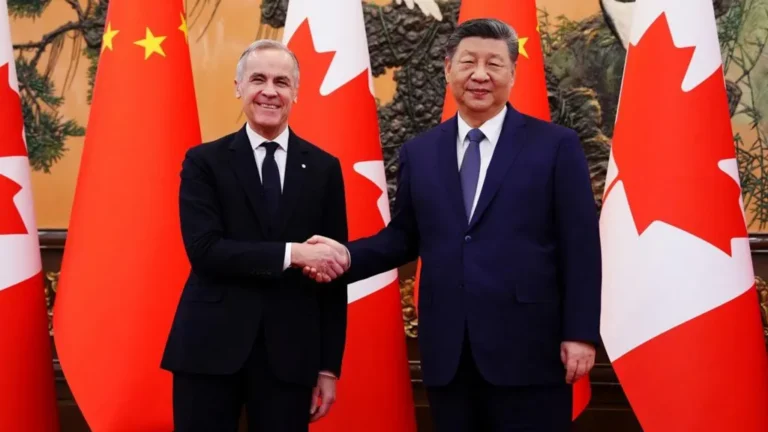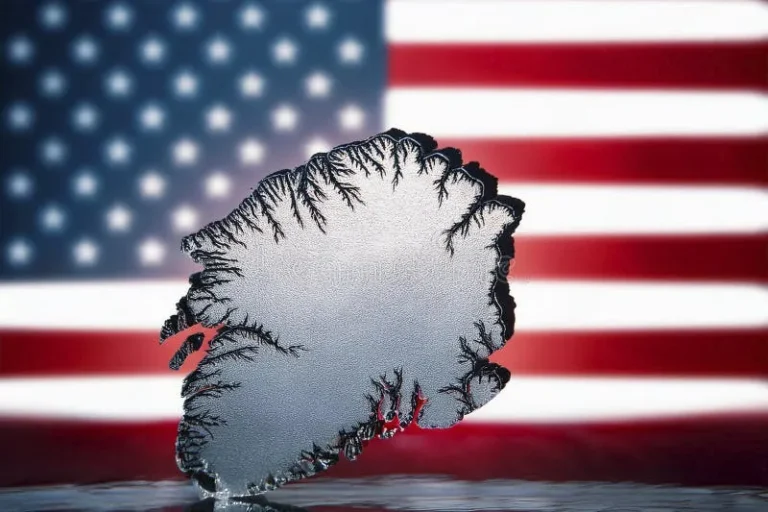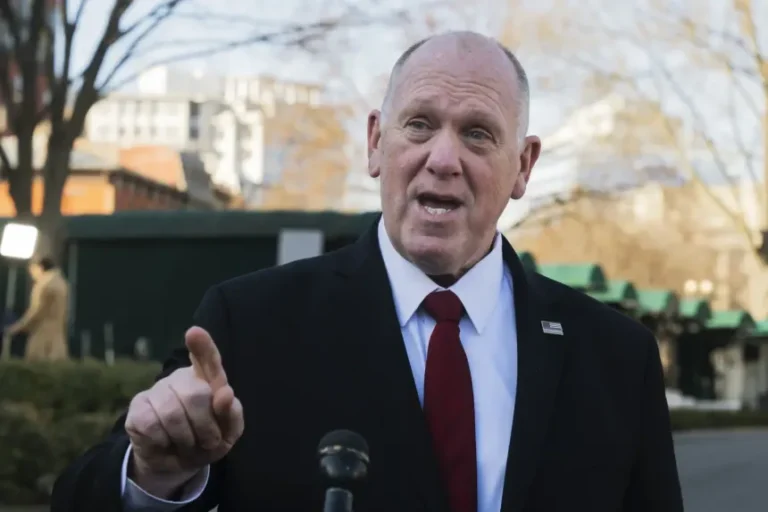
China’s Record Surplus Amid Tariffs
China is heading toward a record $1.2 trillion trade surplus, even after months of high U.S. tariffs under President Donald Trump’s administration. Instead of slowing, Beijing’s export machine has found new markets across Asia, Africa, and Latin America.
Indian imports from China reached an all-time high in August. Shipments to Africa are on track to set a record this year, while sales to Southeast Asia have surpassed their pandemic peak.
Global Concerns Over Low-Cost Goods
The surge is raising alarms worldwide. Governments are weighing the risk of economic damage against the challenge of confronting China, which has become the largest trading partner for more than half of the world’s economies.
- Mexico is weighing tariffs of up to 50% on Chinese cars, auto parts, and steel.
- India has received dozens of petitions to investigate dumping practices involving Chinese and Vietnamese goods.
- Indonesia pledged closer monitoring after videos of Chinese vendors advertising jeans and shirts for less than $1 drew backlash.
Reluctance to Escalate Trade Tensions
Despite rising concern, many nations are holding back. Countries already navigating tough trade negotiations with Washington are hesitant to simultaneously start disputes with Beijing. Analysts suggest some governments may be reserving tariffs as bargaining chips in talks with the U.S.
South Africa’s trade minister, for example, advised against punishing tariffs on Chinese car imports, which nearly doubled this year. Instead, Pretoria is seeking new investment. In Latin America, Chile and Ecuador are quietly imposing fees on specific imports, while Brazil has balanced threats of retaliation with incentives for Chinese manufacturers like BYD to increase local production.
What It Means
China’s export push demonstrates the country’s resilience under pressure from U.S. tariffs. But it also underscores how dependent global markets have become on Chinese manufacturing and how reluctant many governments are to risk confrontation.
Beijing’s strategy of underpricing goods abroad continues to test the ability of other nations to protect their domestic industries without jeopardizing broader economic ties.
Related Coverage
- National News – https://idahonews.co/national-news/
- Global News – https://idahonews.co/global-news/
- Economy & Market – https://idahonews.co/economy-market/






